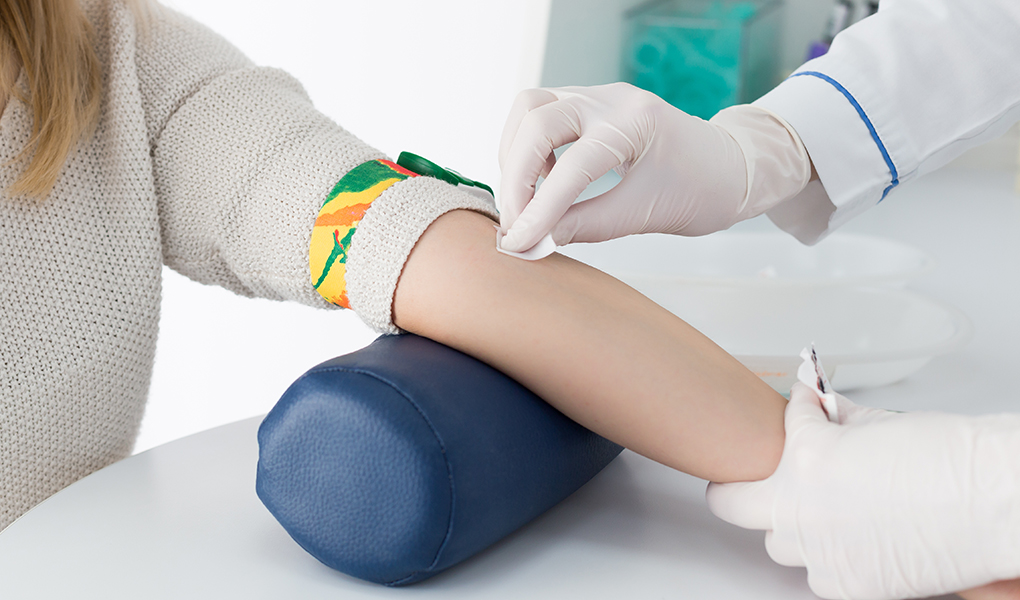ROSI is not a new technique. First applications of the technique was on the second half of 1990s. This technique was applied at different countries; however, success rate of the application was nowhere near the expectations. Low success rates and being unable to identify the deformities on the cells created, limited the spreading of the application of ROSI technique.
Some benchmark countries on IVF such as England, USA, has prohibited application of the technique, due to low success rates and risks it has on the children to be born.
This technique was revised by Japanese scientist Tanaka, MD and his friends recently, team has shared the studies on the academic field has made an impact on the countries where donations is prohibited.
Is ROSI Technique Successful?
Today, there are 23 cases that we know ROSI technique was applied. 17 of those cases were followed and 11 of them never given a successful result. When all the cases evaluated, for all the transferred embryos only 2% of live birth rate was achieved.
However, considering that only 30% of patients underwent surgical procedures can benefit from this technique and many couples who need to have multiple treatment cycles / transfers in order to achieve pregnancy / birth, it is a realistic approach to evaluate this rate below 1% per patient.
All the reported live births are from the revised ROSI technique of Tanaka, MD and his friends and recently there are more supportive results in terms of clinical success and academic articles are not present.
Is ROSI Applied in Your Clinics?
As Bahçeci Health Group we have always been the pioneer of Turkey to apply most recent, effective and innovative treatments, and we will continue to be the pioneer. ROSI technique should be applied at experienced and well-equipped clinics as Bahçeci Health Group we have the relevant technology and staff to apply ROSI technique.
Along with this, our main criteria when selecting new methods and techniques to apply in our clinic is the success and effectiveness of the treatment. It is not in alignment with our cooperate and medical ethics understanding to offer our patients methods’ where there are no certain studies suggest the techniques success and effectiveness.
We take the international reproduction health associations’ regular guidelines as our guide. When deciding an adding on new methods in our clinic.
If the ROSI technique becomes a approved method and in terms of success rate, we might then apply that in our clinics.





Be the first to comment